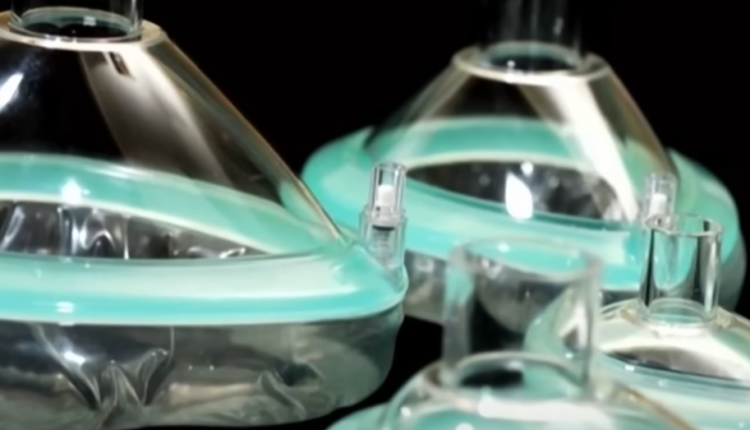Alabama’s Bold Decision: First-Ever US Execution by Nitrogen Gas Sparks Controversy
The execution of Kenneth Eugene Smith in Alabama, which would use nitrogen gas, an unproven technique of carrying out the death penalty, has garnered international attention.
This experimental procedure comes after Smith’s survival of a failed lethal injection attempt in September 2022, where officials struggled for four hours to find a vein for an IV line.
The planned nitrogen hypoxia execution has sparked criticism from the UN High Commissioner for Human Rights, who argues that it violates international human rights treaties, specifically the prohibition on torture or other cruel, inhuman, or degrading treatment or punishment.
Critics also point to the American Veterinary Medical Association’s 2020 guidelines, which describe nitrogen hypoxia as creating a distressing anoxic environment for some species.
In a last-minute effort to block the execution, Smith’s attorney argued in a federal appeals court that a second attempt would be cruel and unusual punishment. Alabama’s solicitor general countered, claiming the state had adopted the “most painless and humane method of execution known to man.
Alabama’s Nitrogen Hypoxia Method

The nitrogen hypoxia method involves fitting a mask to the prisoner’s face, introducing nitrogen gas. Concerns have been raised about the risk of the mask leaking oxygen, potentially leading to a prolonged and terrifying execution.
The Alabama solicitor general said that the execution would not be stopped, stressing the minimal chance of vomiting, in response to judges’ questions about the state’s plan if Smith puked into the mask.
Kenneth Eugene Smith, who was found guilty in 1988 of plotting Elizabeth Sennett’s murder for money, has revealed his anguish. Despite admitting to the crime, Smith feels ill-prepared and anxious about his impending second trip to the death chamber.
The global outcry over the use of nitrogen gas for executions highlights not only the ethical concerns surrounding capital punishment but also the potential risks and uncertainties associated with untested methods.
As the date approaches, the debate over the humane treatment of prisoners and the adherence to international human rights standards intensifies.

